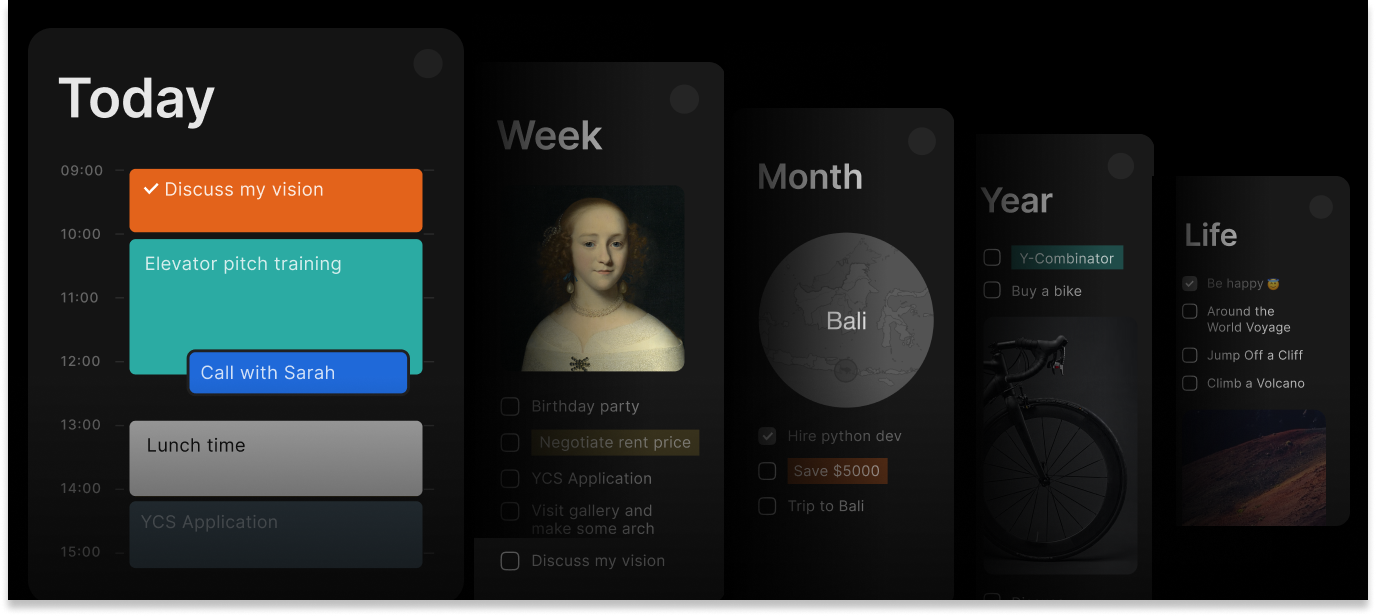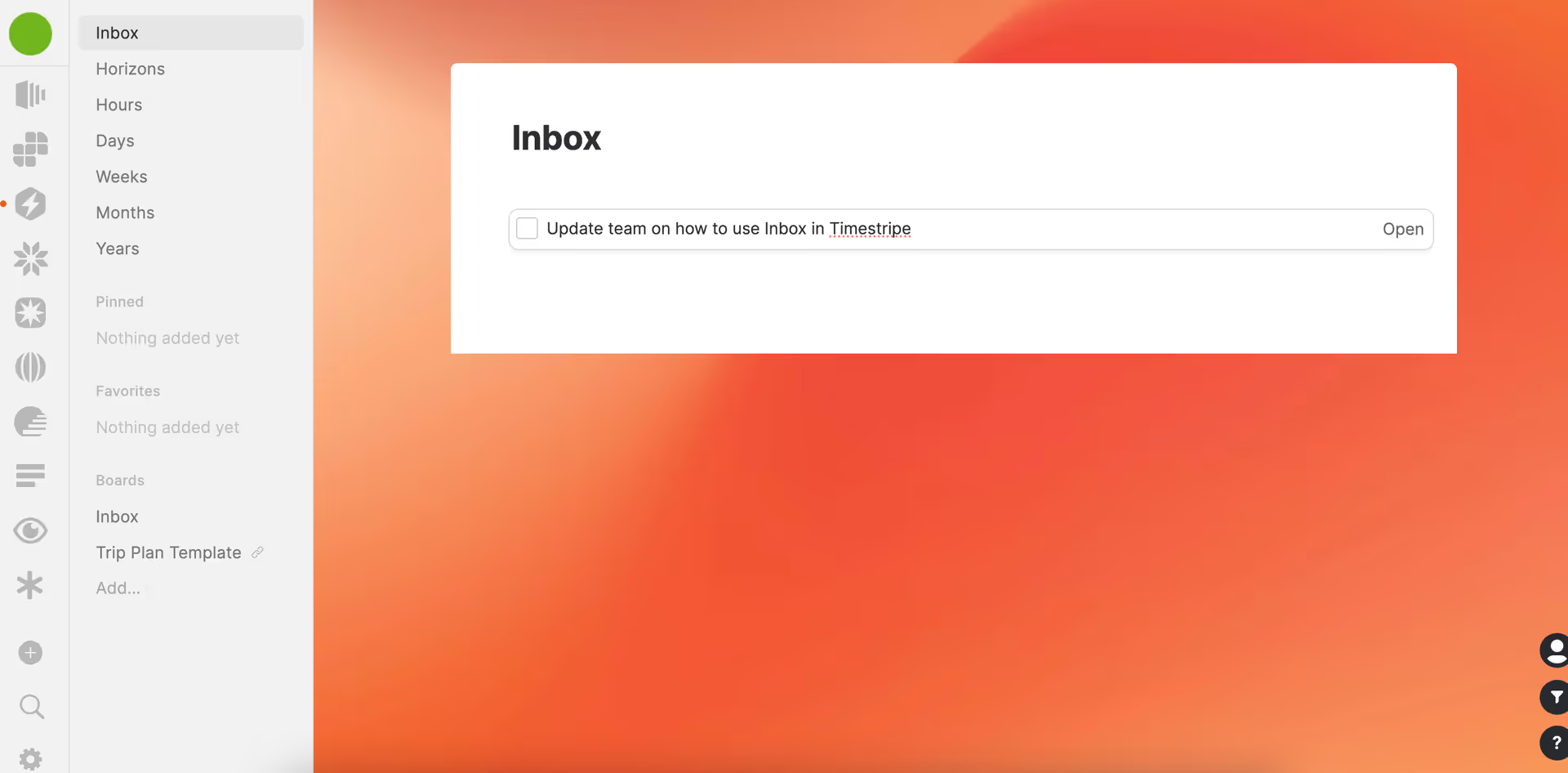We believe that the world, time, and productivity can be viewed from different angles. Today, we invite you to explore one of the most intriguing intersections of neuroscience and linguistics—how the language we speak influences the way we perceive time . Our guest neuroscientist, Anastasia Neklyudova, who holds a PhD in Biology, takes us on a journey from Chinese vertical time metaphors to Hebrew eye movements, revealing the surprising ways our mother tongue shapes our cognitive reality.
There are a couple of scientific fields that I occasionally peek into simply because they evoke the thought “Wow! Cool that someone’s working on this topic. I should work on it too, later, someday I will!”.
One such field is the influence of the language we speak and the culture in which we grew up on our thinking. The Sapir-Whorf hypothesis is still not debunked (in case you thought otherwise), and research in this area has progressed significantly beyond the idea that Eskimos distinguish shades of white more accurately because they have many words to describe snow.
For example, researchers study how different linguistic cultures conceptualize the flow of time. English uses a “horizontal metaphor” of time: we imagine it as a timeline that we can move along (to the right) or backward (to the left). Alongside this, the Chinese language uses a vertical metaphor : for instance, the character 上 (shàng) means both “up” and “past” (such as last month), while the character 下 (xià) means both “down” and “future”. I hope this knowledge will help me to stop confusing these characters someday! Therefore, Chinese speakers can represent past events as being higher than future events, whereas English speakers do not do this. This is connected to the history of Chinese writing, when text was written from top to bottom, meaning what was written higher up was written earlier.
from the article by Yan Gu, Lisette Mol, Marieke Hoetjes & Marc Swerts. Conceptual and lexical effects on gestures: the case of vertical spatial metaphors for time in Chinese Let’s return to horizontal time. As we know, not everyone writes from left to right, and the direction in which we write also influences the way we think. For instance, studies have shown that French and Russian speakers prefer what is on their right. However, Arabic and Hebrew speakers prefer the opposite — what’s on the left.
Recently, colleagues from HSE published research building on this line of investigation. They compared time perception among Russian and Hebrew speakers (Hebrew is written from right to left). Subjects were given verbs in the past and future tenses to listen to while their eye movements were recorded simultaneously. The results showed that Russian speakers direct their gaze slightly to the left when they hear a verb in the past tense, while Hebrew speakers look left when they hear a verb in the future tense.
I’m not sure what exactly captivates me about this topic. Probably the realisation that we are all different and think differently! I also really like this idea from Lera Boroditsky’s TED talk (she researched time perception in the Chinese language):
“These studies aren’t meant to learn how other people think, but to make us reflect on how we ourselves think and why we think that way.”




